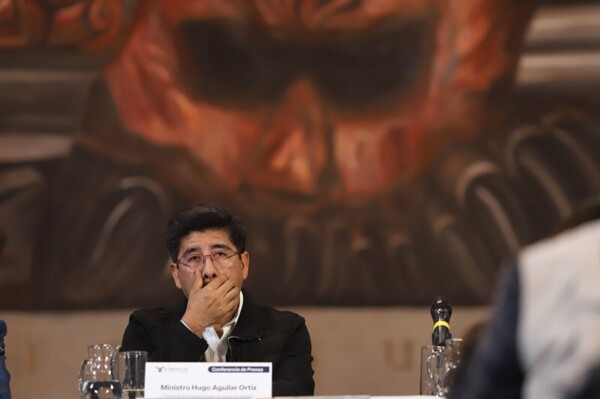A sudden drop in male employment rates, the deterioration of social fabric, and the rise of addictions, mental illnesses, and premature deaths are some of the consequences of rapid economic changes without adequate protection networks and local recovery strategies. The lesson goes beyond trade: it is about the human cost of not having investments in education and effective public policies.
Industries collapsing overnight leave entire generations trapped in precarious jobs or outside the productive system, as happened with the 'China shock', which caused the loss of millions of manufacturing jobs in the United States. All this highlights the lack of preparation to face technological disruption and artificial intelligence.
The author, a Doctor of Philosophy, mentions the need to reflect on leadership and efficient management of work teams in a context where mathematical and logical reasoning skills are globally insufficient. The lack of preparation to face the challenges posed by the future of the labor market can lead to total collapse if action is not taken in time.
In Mexico, the risk of repeating the history of other countries with similar problems is latent, given its scenario of low productivity, weak educational infrastructure, and stagnant social mobility. It is crucial to recognize the urgency of acquiring new skills and rethinking educational and labor strategies to avoid future scenarios of socioeconomic crises.
The economic implications of the lack of labor commitment worldwide, especially in middle and upper management, can translate into significant losses in productivity. It highlights the importance of addressing not only professional aspects but also humanistic ones in team management and leadership, in the face of a landscape where the technological revolution poses new challenges.














